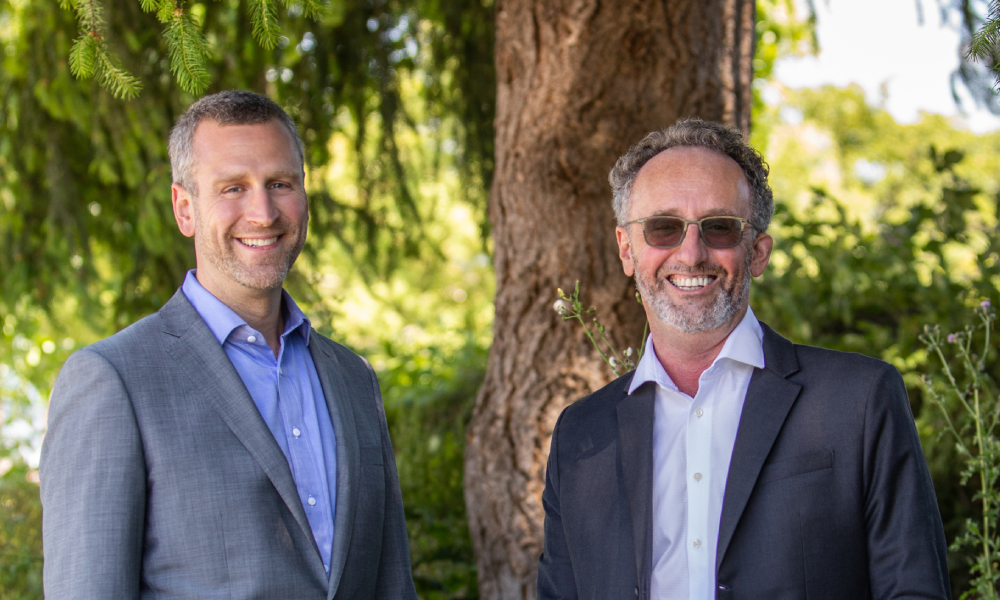
Vancouver-based firm will have staff of 28, including 17 lawyers

A merger between First Peoples Law Corporation and Donovan & Co. will create one of Canada’s most prominent boutique firms representing the needs of Indigenous groups.
The two Vancouver-based firms announce this week that they have joined forces to create First Peoples Law LLP. The Managing Partner of the new firm, John Burns, says it will bring together “significant experience and expertise” in title and treaty rights, economic development, corporate and tax matters, Indigenous laws and governance, and litigation on particular claims.
The combined firm will now have a staff of 28, of which 17 will be lawyers.
Burns, who was with Donovan, says that the founder of the firm, Allan Donovan, stepped back from the firm’s operations over the past year or so and suggested as he passed the torch that there would be good synergies in the two firms combining. Donovan had started some initial discussions, which Burns continued, though talks stalled for a bit due to the COVID-19 pandemic.
“In the last six months or so, things really started to come together, with the result that we formally merged June 30,” he says.
Bruce McIvor, a partner at First Peoples Law Corp. until the merger, says that as the two firms discussed the possibilities, “it really started to make sense” that a merger would provide more outstanding service and expertise to clients in all areas related to Indigenous law.
“The driving force boiled down to a couple of things,” McIvor says – “servicing our clients as best as possible and taking advantage of the complementary services we can provide.” McIvor notes that his firm focused more on title rights, treaty rights and litigation. In contrast, Donovan focused more on corporate governance and the business and economic aspects of Indigenous law and less on litigation.
“And the driving force for this, I think, for both firms has been a couple of things, one, servicing clients as best as possible, and recognizing that both firms had a common approach to representing First Nations. “It’s not just a business deal. It’s based on the same commitment.”
Burns adds that while First Peoples had a more national approach to its practice, with lawyers working remotely in about eight provinces across Canada, Donovan focused almost exclusively on British Columbia, with a smattering of clients in the Yukon and Northwest Territories.
“This merger definitely gives us more geographical diversification,” he says, adding that there are plans to eventually open satellite offices across Canada. He notes that COVID-19 has shown how technology has allowed for greater sharing of documents and other information electronically and through the Cloud.
McIvor says the painful events of the past two months dealing with discovering unmarked graves on the grounds of former residential schools underscores the importance of taking a “strategic approach to all the files that touch on the core issues for Indigenous peoples.”
“This is about exercising your own laws, benefiting and controlling your lands and waters – that’s really at the center of what Indigenous people are striving for across the country.” He notes there may be more value in having one firm take on several cases on behalf of Indigenous clients rather than having them spread out to provide that overall strategic approach.
Burns adds that moving forward, he believes there is going to be an evolution in the area of Indigenous rights in Canada. So the message to First Nations is that “hooking up with a good law firm to be part of an evolution can help transform a situation of poverty management to one of wealth management.”
Given the importance of a resource and extraction-based economy in Canada, a strong team of advocates can help in the creation of strong indigenous rights that can make “real improvements in a community.”